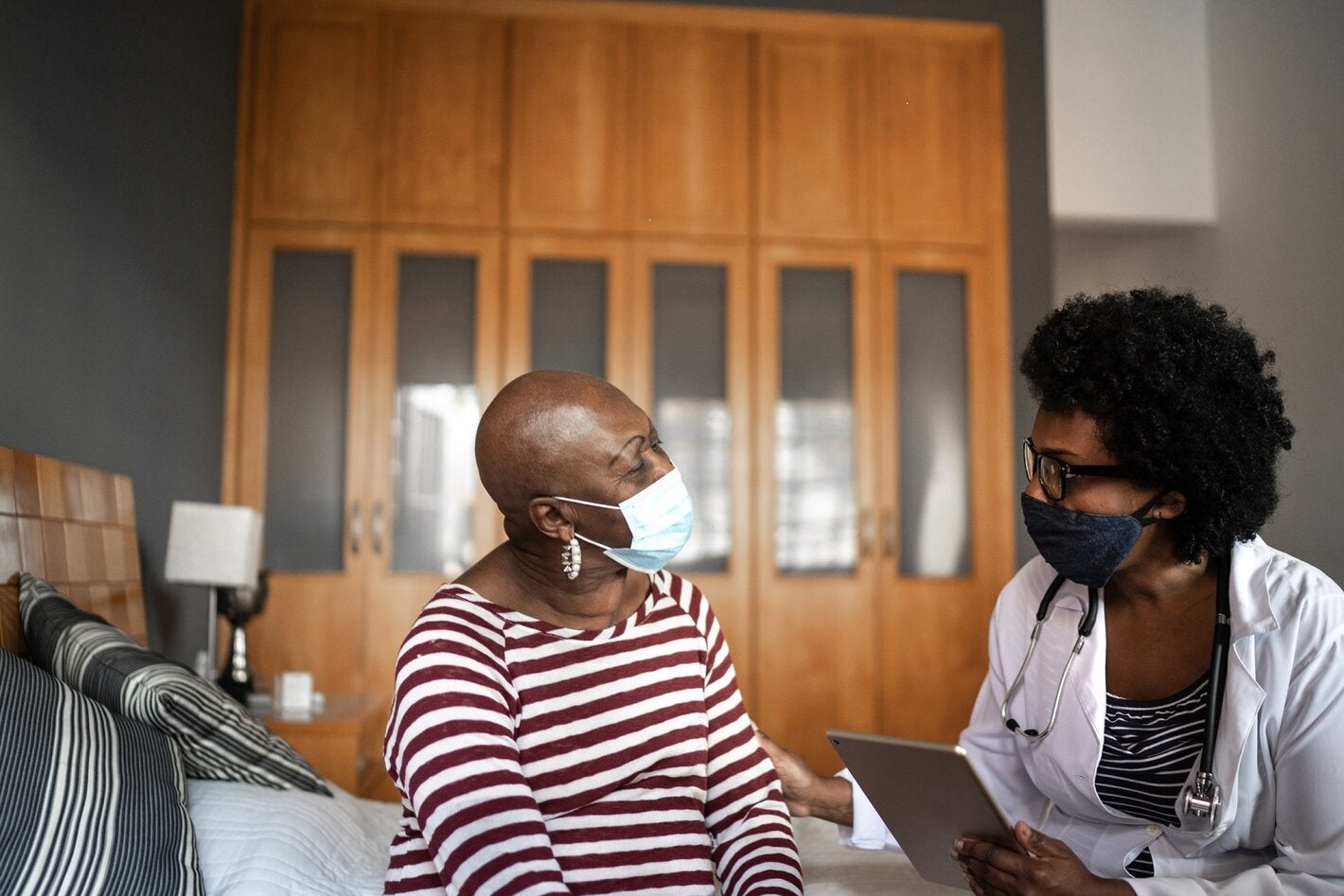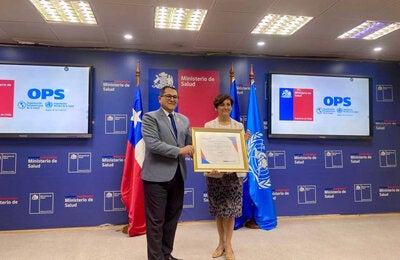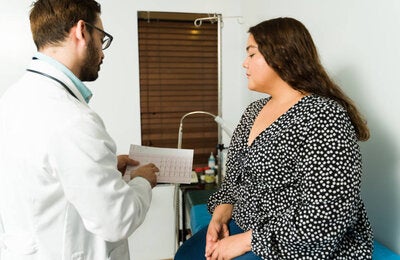
Bridgetown, Barbados - 25 November 2021 (PAHO/WHO) - The Caribbean Public Health Agency (CARPHA) in collaboration with Pan American Health Organization (PAHO) and the CARICOM Secretariat, today convened regional stakeholders, including representatives from member states, to finalise the development of the regional Noncommunicable Disease (NCD) surveillance system. The initiative aims to improve the monitoring, evaluation and reporting of non-communicable diseases (NCDs) and improve the prevention and control of this epidemic at the national level.
What began as a tactical response to recommendations made during the third phase of Caribbean Cooperation in Health (CCH) for the need to strengthen regional surveillance systems, has now reached its final stage of development. This includes the finalising of a Regional Integrated Surveillance System Strategy; sharing findings from an assessment of NCD Surveillance Systems in select CARPHA Member States; and working towards consensus on the Regional NCD Surveillance System.
Funded by the L’Agence Française de Développement (AFD-French Development Agency), the NCD surveillance system has been an ongoing project, which began in January 2020 and will culminate in March 2022.
Regional Director of the AFD Atlantic, Mr Philippe La Cognata, pledged France’s partnership for action in the region. He pointed out that since 2018, AFD has been supporting a cooperation project with a €1.5 million grant to strengthen technical and strategic relations between CARPHA, Santé Publique France and the Agence Regionale de Sante (ARS- Regional Health Agency) of the French territories on both chronic and vector-borne diseases.
“Additional digital support is imminent and will be implemented soon thanks to European funds that AFD has mobilized to help improve the quality of data from regional electronic public health surveillance systems in the Caribbean,” he revealed.
In her opening remarks, Executive Director of CARPHA, Dr Joy St John recalled a popular adage of former Director-General of WHO, Dr Margaret Chan, ‘What gets measured, gets done’.
“Without national surveillance systems we cannot capture the right data to analyse, in order to highlight these statistics and to inform policy planning, programme implementation and review. So, imagine the power of a regional system for highlighting the impact of interventions to Heads of Government, suggesting where the conduct of research can help to evaluate a policy intervention or programmatic shift,” Dr St John remarked.
Dean Chambliss, PAHO Subregional Program Director for the Caribbean, echoed sentiments that surveillance is an essential part of a well-functioning health system and a key feature in addressing the burden of NCDs in the Caribbean. He noted that the Regional Surveillance System would provide the data needed to guide policies and inform decision-making.
“The proposed surveillance system will ensure that we keep track of mortality data, improving knowledge of the impact caused by NCDs. Additionally, the system will assist in obtaining critical information from healthcare facilities, to assist with treatment and control of NCDs… PAHO continues to explore innovative ways to produce critical information, using mobile and web-based technologies, and estimate the risk of COVID-19 mortalities due to underlying health conditions,” Mr Chambliss underlined.
NCDs account for 71% of deaths globally, and the non-Latin Caribbean has the highest NCD mortality rates in the Americas. Both males and females in the Caribbean are at high risk of dying prematurely from NCDs, with more than 1 in every 5 men (21%) and 1 and 6 women (16.1%) having a probability of dying between 30-70 years from an NCD.
Contact
PAHO/WHO Office of the Subregional Program Coordination (Caribbean)
Lisa Bayley - bayleylis@paho.org



